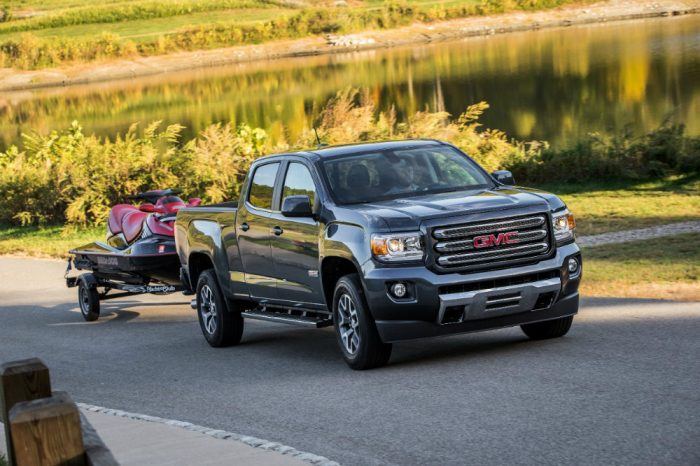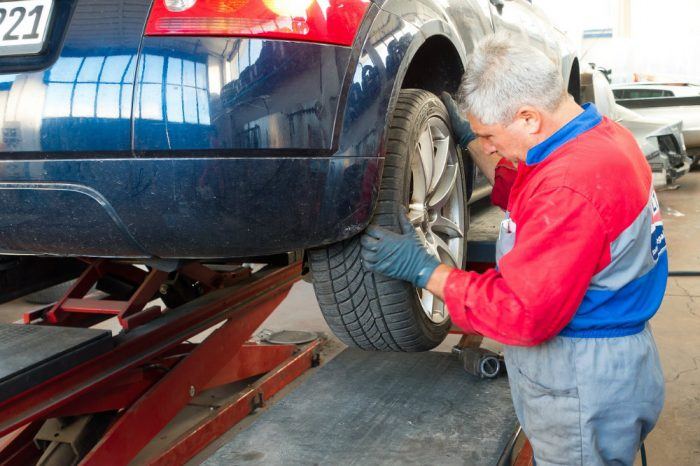It’s a harsh reality all car owners must face: new or used, all cars lose value starting from the moment you drive off the lot. It’s largely unpreventable – even putting money back into your car through aftermarket parts only slows down the process. It is estimated that over a five-year span, a car will lose as much as 60 percent of its value.
Some folks prefer to ride their car out to the bitter end, but if you have an itch to upgrade every few years, you need to educate yourself on what depreciation is and how it will affect your car and its potential for resale.
Why Automobiles Depreciate In Value
New cars depreciate for two basic reasons. First, for the vast majority of cars and trucks, it is a simple matter of supply and demand. A new car is worth “X” because it has a certain demand with the public. The public values a new car more than an used one, and is willing to pay more for the new item (demand). The supply side allows this to happen by always having a new one available for purchase.
The only exceptions are super-exotic cars in high demand with very limited supply, such as a Ferrari or Lamborghini.
While this explains the basic economics behind depreciation, there can be a lack of consistency year over year due to consumer preferences. As with any product, trends can change and what is perceived as the most desirable model one year could be out of style the next. This leads to an increase in depreciation rate.
The second reason why autos depreciate relates to legal and administrative forces. Unlike other high priced items such as jewelry or musical instruments, cars must be registered, licensed, and insured. The moment the car goes through this process, the warranty clock starts to tick, it accumulates mileage, and gets branded as “used.”
It now has less value compared to its new counterpart.

Why Warranty Matters
Warranty is a major factor when it comes to a car’s value. A new car has its initial value in large part because it has the entirety of its manufacturer’s warranty. Once the car is driven, even 10 miles, the warranty is reduced by the time and mileage in service. New car warranties are transferable (in most cases), so an used car still within its original warranty has more value than one beyond its factory warranty. However, it is important to know that warranties do not cover wear and tear or abuse.
What Can You Do To Maintain Value?
The simplest step to maximizing your car’s value is to maintain it “by the book” – have all recommended service work done, preferably by an authorized dealer, and keep records of all completed work. Keeping the vehicle cosmetically clean goes a long way as well. Many purchasers of used cars will devalue a dirty, unkempt vehicle based on the presumption that if the owner couldn’t wash it, they couldn’t keep up with the service work either. Be sure to always clean up the paint, glass, and upholstery.
To keep your car in optimal condition you should also invest in Top Tier gasoline, which on average, only costs three cents more than regular fuel. Poor-quality fuel can create engine deposits, leading to unnecessary maintenance costs before you trade for a newer vehicle.

Other Considerations
Another way to keep your depreciation rate low is by purchasing an used car, which depreciates at a slower rate than a new vehicle. If you’re purchasing a pre-owned vehicle that is several years old, the depreciation rate peaked before you purchased it, leaving the previous owner to deal with the brunt of the financial loss. Depreciation rates will fluctuate as the market continuously changes, so it is important to always monitor industry trends while keeping your car in the best condition possible. If you know the basics of depreciation you can avoid potentially large financial losses in the future, and turn the trade-in process in your favor.
Richard Reina is a Product Trainer at CARiD.com and lifelong automotive enthusiast.
Cover Photo: Michael Gaida.


